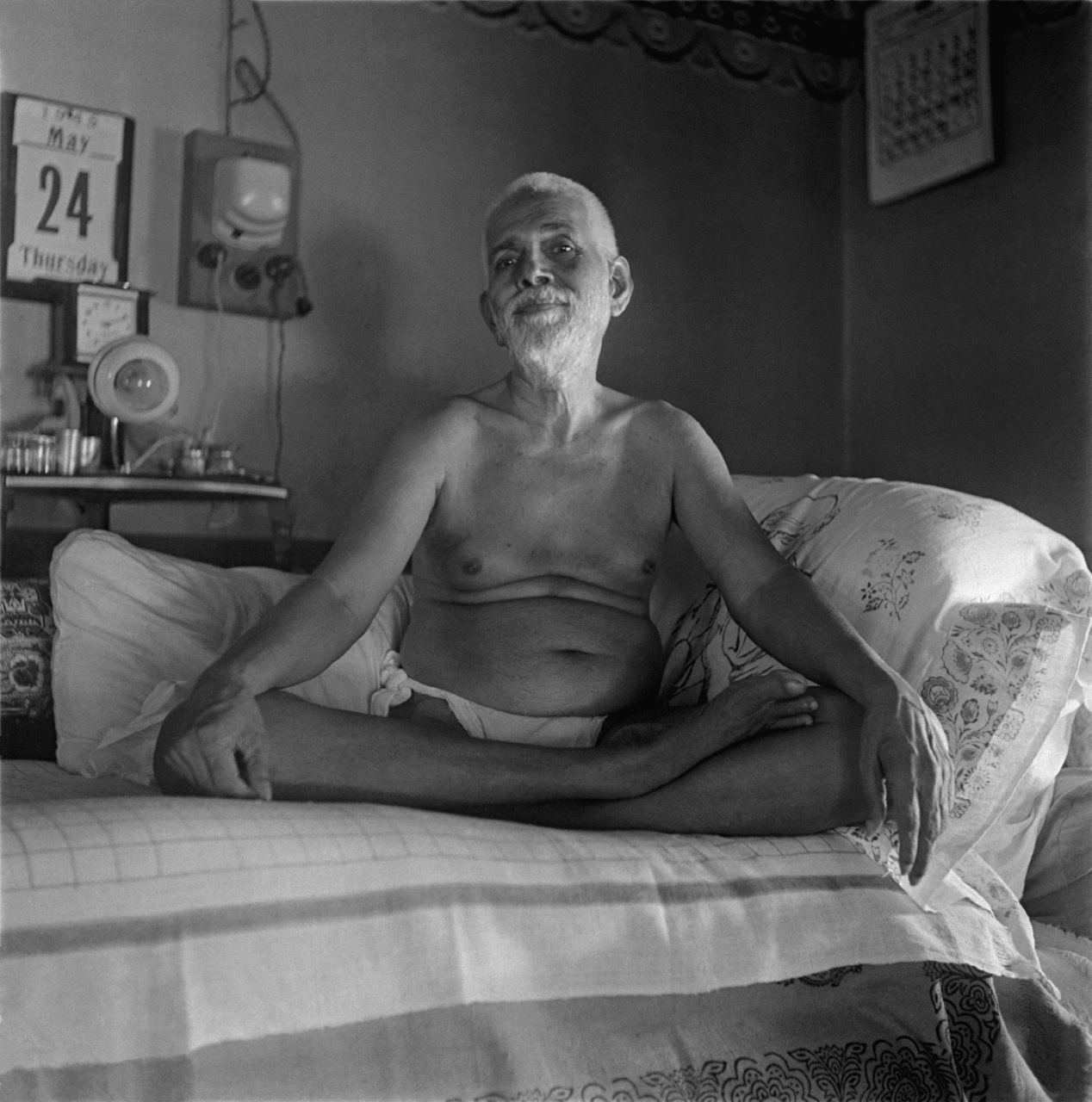The religion of science

Science is not normally considered to be in the same category of thought as religions. And in some ways, it is in a different category. It doesn’t have quite the same ossified structures of most other religions, and it doesn’t have any human-like gods. But then it isn’t as old as most other religions, which in their own youth were also fervently bubbling with new ideas. And if we widen our conception of gods to include such abstracted but eternal entities such as ‘Truth’ and ‘Reason’, then science does have those gods. In thinking itself as superior to all (other) religions, science is exactly the same as them.
By framing science as a religion, we can gain a handle on science’s role in modern society and give it the tools to defend itself against the attacks from other schools of thought which beset it from time to time. Science is too easily dismissive of other systems of thinking, which incorporate irrational elements, or frame the acquisition of knowledge in a different way. By dismissing these systems and their followers, science is itself dismissed by the people for whom religion is important. By these people, science is already seen as a kind of religion, so to better present itself as an alternative to religious thinking systems science can look at it own roots, its own dogmas and eternal truths, its own miracles and prophesies.
When people dismiss science, they often treat it as a disparate group of people who are acting without an ethical framework or who are motivated by self interest. They fail to see that science has a hard ethical framework of its own. One ethical stance that science takes is its stance against dogma. At its heart, science encourages skepticism, and it encourages the questioning of its own dogma. This itself, is of course a kind of dogma. Science uses this method, this dogma, to find Truth. Finding Truth, knowing Truth, is where the quest of science is identical to that of many religions.
Science is not an acid bath of skeptical thought, and doubt has its limits. To do science, it must be accepted that the only truths that matter are those which can be arrived at through observation of material phenomena. There is no truth value given to realities which cannot be detected and reproduced and corroborated by multiple people. If anything, the dogma of doubt by default tends to regard such phenomena as false—this includes all the false gods of other religions.
Because all realms beyond the material fall into this category, Science can be dismissed as not grappling with many areas which religion touches such as life after death. By dismissing them, it can lacking the sort of gravity which a religion that has an all-powerful wish granting all knowing creator can claim to have. To answer these concerns science can point to its own deep eternal logics and methods, the beauty of its mathematics and the miracle of the universe.
But it can also point to the power of its own prophesy and the miracles which it can work. Here is where science shows its power over the old gods. The erection of lightning rods on churches was the moment when the scientific god of reason won its battle against these old cosmic foes. The march of science has been unstoppable ever since, winning battle after battle against the old schools of thought, conquering the demons of disease and famine, foretelling the rains and discovering the ancient stories of the earth.
Scientists can be cast as outsiders to culture, their roots not being grounded in the founding mythology of peoples, and having no sanctified rituals which are part of the daily life. But actually the roots of science are as deep as the bronze age. Many scientists would think it was a slur to call science a religion, but I think it helps us to understand and revere it for the powerful system of thought that it is. And in times when other religions seek special treatment from the state and science is cast as a mere mode of employment, I think it could benefit from some acknowledgement of its sanctity.


